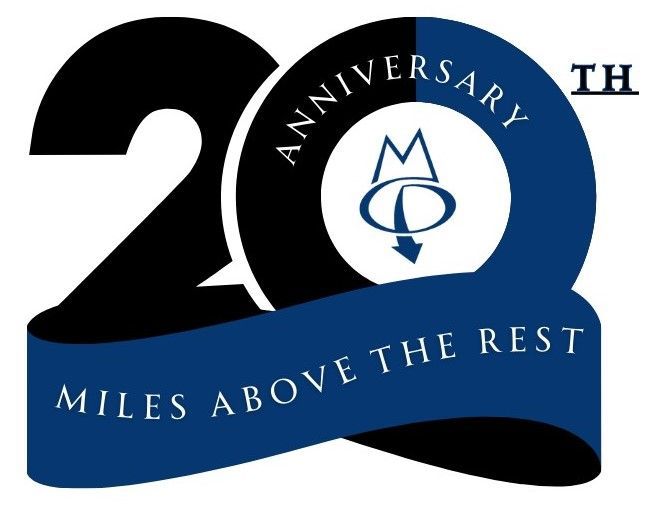Interceptor Cleaning
You can avoid major drain clogs and other problems associated with a grease buildup by regularly cleaning your grease traps and grease interceptors. Contact Mile High Drain for an efficient grease interceptor cleaning service today.
What Is the Difference Between a Grease Interceptor and a Grease Trap?
The grease trap and grease interceptor's functions are the same: They prevent FOG (fat, oils and grease) from entering the sewer system, causing blockages and other problems that will cost you money. Both only differ in size. A grease trap is smaller and ideal for a small restaurant or cafe. You'll need a grease interceptor if you have a larger commercial kitchen.
In Colorado, all businesses that provide a food service are required to install a grease trap or a grease interceptor. You also need to maintain them regularly to avoid hefty fines. Cleaning them at least twice a year is advised. You may need to do it more than twice if you have excessive grease or food waste.
How Do You Maintain Interceptors?
First, you need a trusted plumbing company to install grease interceptors correctly. It’s the only way to ensure the device works properly – you can avoid fines and other problems during an inspection when keeping your sewers and the environment healthy.
The next step is to hire a reliable company for routine interceptor cleaning. We don’t recommend DIY cleaning because maintaining interceptors involves more than removing grease. You must also properly dispose of your food waste and file a cleaning report with the district. To have peace of mind, hire Mile High Drain.
Why Hire Mile High Drain to Clean Your Interceptors?
Mile High Drain offers quality interceptor cleaning for small or large commercial kitchens. With our expertise, trust that we can keep your sewer drains healthy and ensure you adhere to codes. Our services are available around the clock, so call us right away if you need emergency service.



